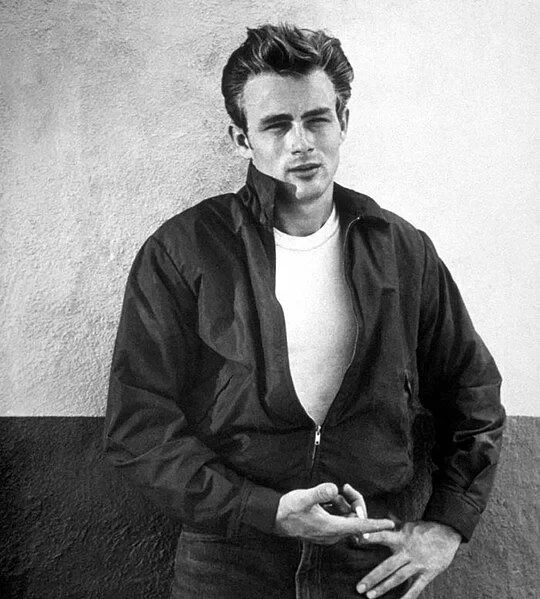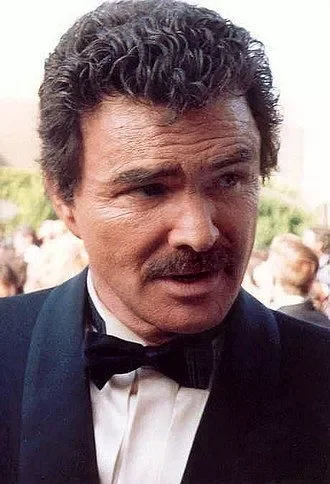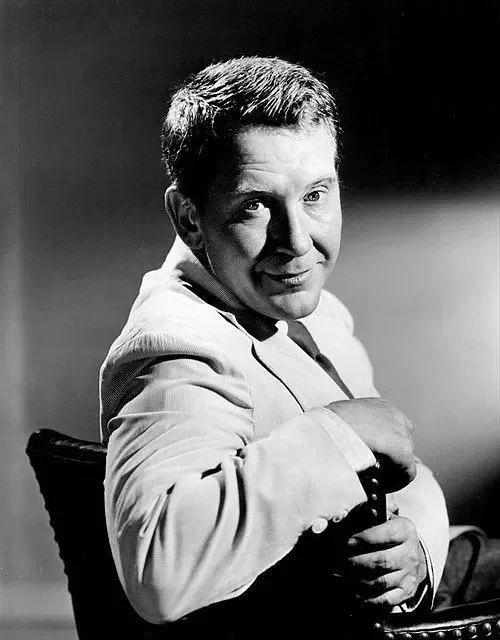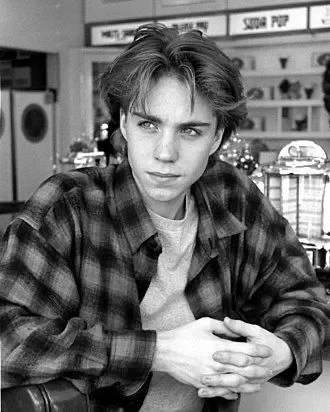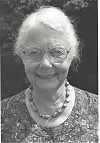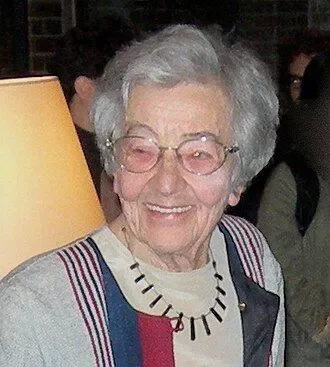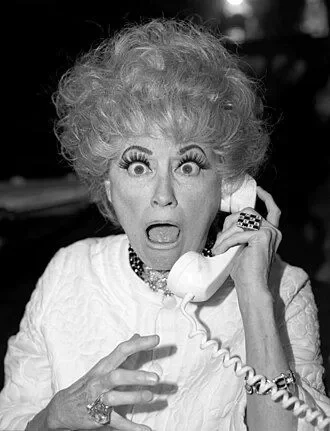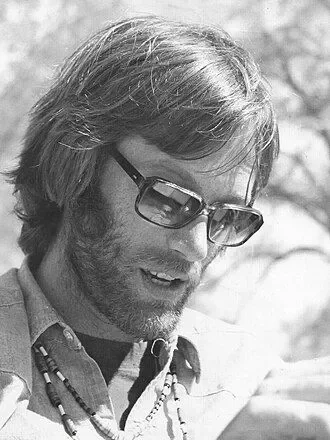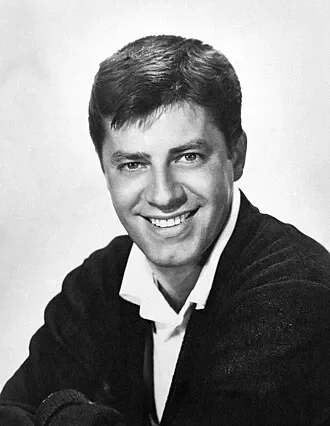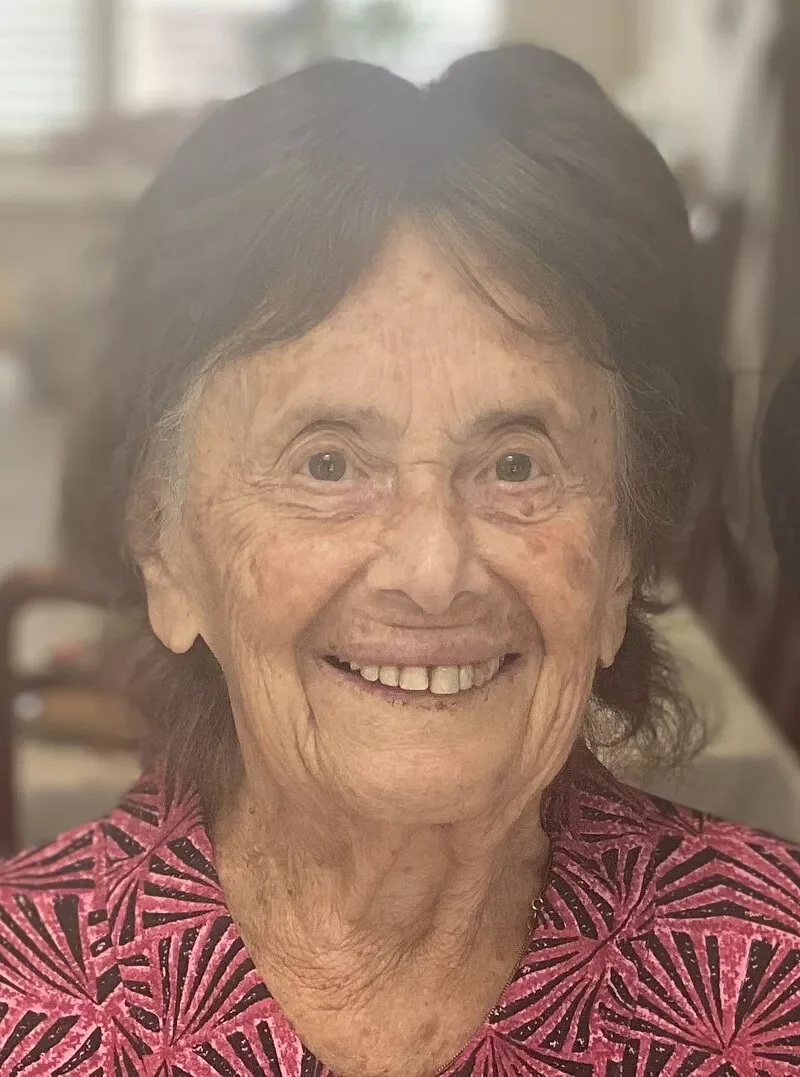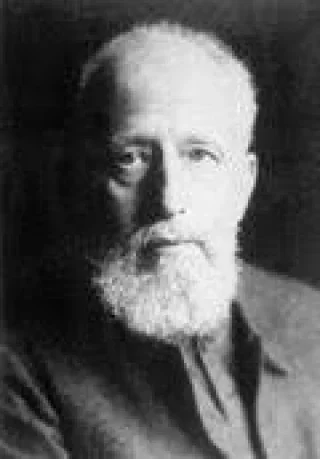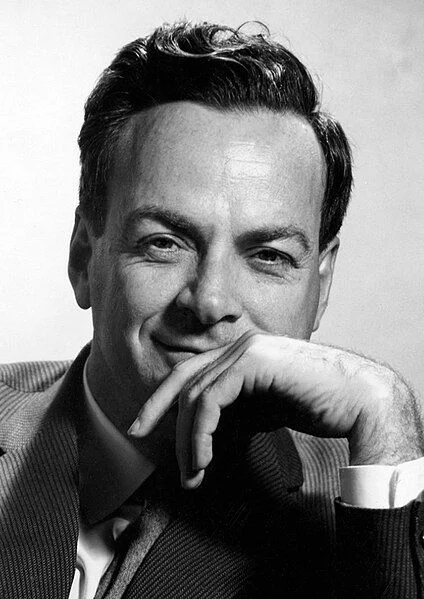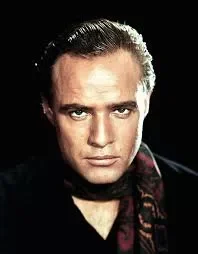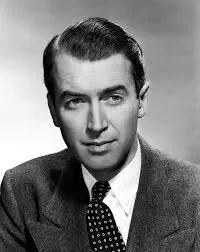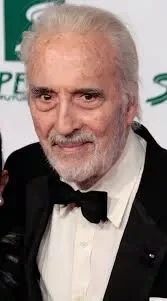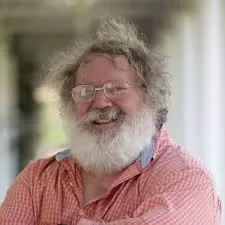Real Celebrities Never Die!
OR
Search For Past Celebrities Whose Birthday You Share
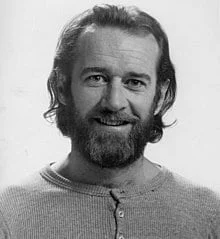
source:wikimedia.org
George Carlin
Birthday:
12 May, 1937
Date of Death:
22 Jun, 2008
Cause of death:
Heart failure
Nationality:
American
Famous As:
Actor
Age at the time of death:
71
George Carlin's Quote's
Introduction: The Early Life of George Carlin
George Denis Patrick Carlin, born on May 12, 1937, in New York City, was a groundbreaking stand-up comedian, actor, author, and social critic. Raised near Harlem, his early life was full of challenges. His father passed away when George Carlin was only two months old, and he was raised by his mother, Mary, a secretary. These early struggles shaped much of Carlin’s later comedic material.
The Beginning of a Comedy Career
Carlin’s comedic career began in the late 1950s and early 1960s. He started with traditional, tame routines that fit the comedic style of the time. However, as the cultural landscape shifted in the 1960s, Carlin’s comedy also transformed. He started to explore sharp social commentary, questioning societal norms, and challenging authority figures. This new direction marked a significant change in his approach and set him on the path to becoming an influential voice.
The Rise of a Counterculture Icon
In the 1970s, Carlin solidified his role as a counterculture icon with albums like ‘Class Clown’ and ‘Occupation: Foole’. His irreverent takes on language, religion, and politics made him a standout in a time of cultural upheaval. Carlin’s comedy became a form of protest, reflecting the unrest and discontent many felt during the era. His sharp observations and fearless approach to taboo topics gave him a voice that resonated with a generation looking for change.
Impact on Comedy and Society
Carlin’s impact on comedy is immeasurable. He is widely regarded as one of the greatest stand-up comedians of all time. Throughout his career, he released numerous comedy albums, won multiple Grammy Awards, and starred in 14 HBO comedy specials. One of his most famous routines, “Seven Words You Can Never Say on Television”, led to a landmark Supreme Court case on obscenity and free speech. His willingness to confront controversial topics head-on helped redefine what comedy could be.
Expanding His Career: Writing and Acting
In addition to stand-up, George Carlin was a prolific writer and actor. He authored several best-selling books, including ‘Brain Droppings’ and ‘Napalm & Silly Putty’. These works showcased his satirical humor and philosophical insights into everyday life. Carlin also appeared in various films and television shows, proving his versatility as an entertainer. His work in these different mediums added depth to his career and helped expand his audience.
Personal Struggles and Authenticity
Carlin’s personal life reflected his commitment to authenticity and free expression. He faced challenges, including battles with substance abuse and brushes with the law, but these struggles became part of his comedic narrative. He married twice, and his personal experiences, both joyful and painful, provided rich material for his performances. Carlin’s ability to turn personal difficulties into humorous and thought-provoking content endeared him to audiences worldwide.
Legacy: A Lasting Influence
George Carlin passed away on June 22, 2008, at the age of 71. However, his legacy continues to inspire generations of comedians and social commentators. His sharp wit, fearless humor, and deep reflections on life left an indelible mark on comedy and culture. Through his iconic performances, written works, and significant influence on stand-up comedy, Carlin’s voice remains relevant today.
Conclusion: The Enduring Legacy of George Carlin
In conclusion, George Carlin revolutionized the world of stand-up comedy. From his early days with traditional routines to his role as a counterculture icon, he consistently pushed boundaries. His social commentary, sharp wit, and fearless approach made him a transformative figure in comedy. Carlin’s legacy endures through his unforgettable performances and his profound influence on both comedy and social thought.
Name:
George Carlin
Popular Name:
George Carlin
Gender:
Male
Cause of Death:
Heart failure
Spouse:
Place of Birth:
New York City, U.S.
Place of Death:
Santa Monica, California, U.S.
Occupation / Profession:
Personality Type
Campaigner: Enthusiastic, creative and sociable free spirits, who can always find a reason to smile. He was so creative and had a free spirit that the Airforce has to discharge him from the service.
Before his transformation into a counterculture icon, Carlin gained popularity as the "Hippie-Dippy Weatherman" on "The Ed Sullivan Show." His comedic weather forecasts provided a glimpse into his evolving style.
Carlin served in the United States Air Force for a brief period. However, his rebellious nature and refusal to conform to military discipline led to his discharge.
George Carlin's famous routine, "Seven Words You Can Never Say on Television," led to a legal case after a radio station played it.
In addition to his stand-up career, Carlin authored several books that delved into his philosophical musings, social critiques, and humorous observations.
He received a star on the Hollywood Walk of Fame.
He received the Kennedy Center’s Mark Twain Prize for American Humor in 2008.
He was placed second on Comedy Central’s list of top 10 American comedians in 2004.
He won five Grammy Awards and received 17 Grammy Award nominations.
Rolling Stone magazine ranked him second on its list of the 50 best stand-up comedians of all time in 2017

